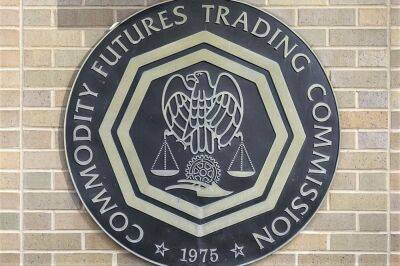Can Canada stay a crypto mining hub after Manitoba’s moratorium?
Canada has remained a peculiar regulatory alternative to the neighboring United States in regard to cryptocurrency. While its licensing process has become more stringent than in some countries, Canada was the first to approve direct crypto exchange-traded funds. State pension funds have invested in digital assets, and crypto mining firms have moved to the country to take advantage of the cool temperatures and cheap energy prices.
But the gold rush for miners in Canada may be slowing down. In early December, the province of Manitoba — rich in hydroelectric resources — enacted an 18-month moratorium on new mining projects.
This move resembled a recent initiative in the U.S. state of New York that stopped the renewal of licenses for existing mining operations and required any new proof-of-work miners to use 100% renewable energy.
These developments shouldn’t be brushed off as isolated cases. Both took place in relatively cool regions with significant hydroelectric energy profiles, so tightening the screws in Manitoba doesn’t seem optimistic for less-energy-sustainable regions.
Could this change Canada’s status as a haven for miners?
In October 2021, the price of Bitcoin (BTC) towered above the $60,000 mark. By that time, Canada had become the fourth-largest destination for BTC mining in the world, with 9.55% of all Bitcoin being mined in the country (as opposed to 1.87% a year earlier). The nation effectively filled a gap left by the crackdown in China, which almost nullified the mining activity in the country by 2021 — although the United States won the most from the crackdown, rising from sixth place to first place in terms of Bitcoin hash rate.
The Canadian government didn’t have to make any particular efforts to draw the
Read more on cointelegraph.com









